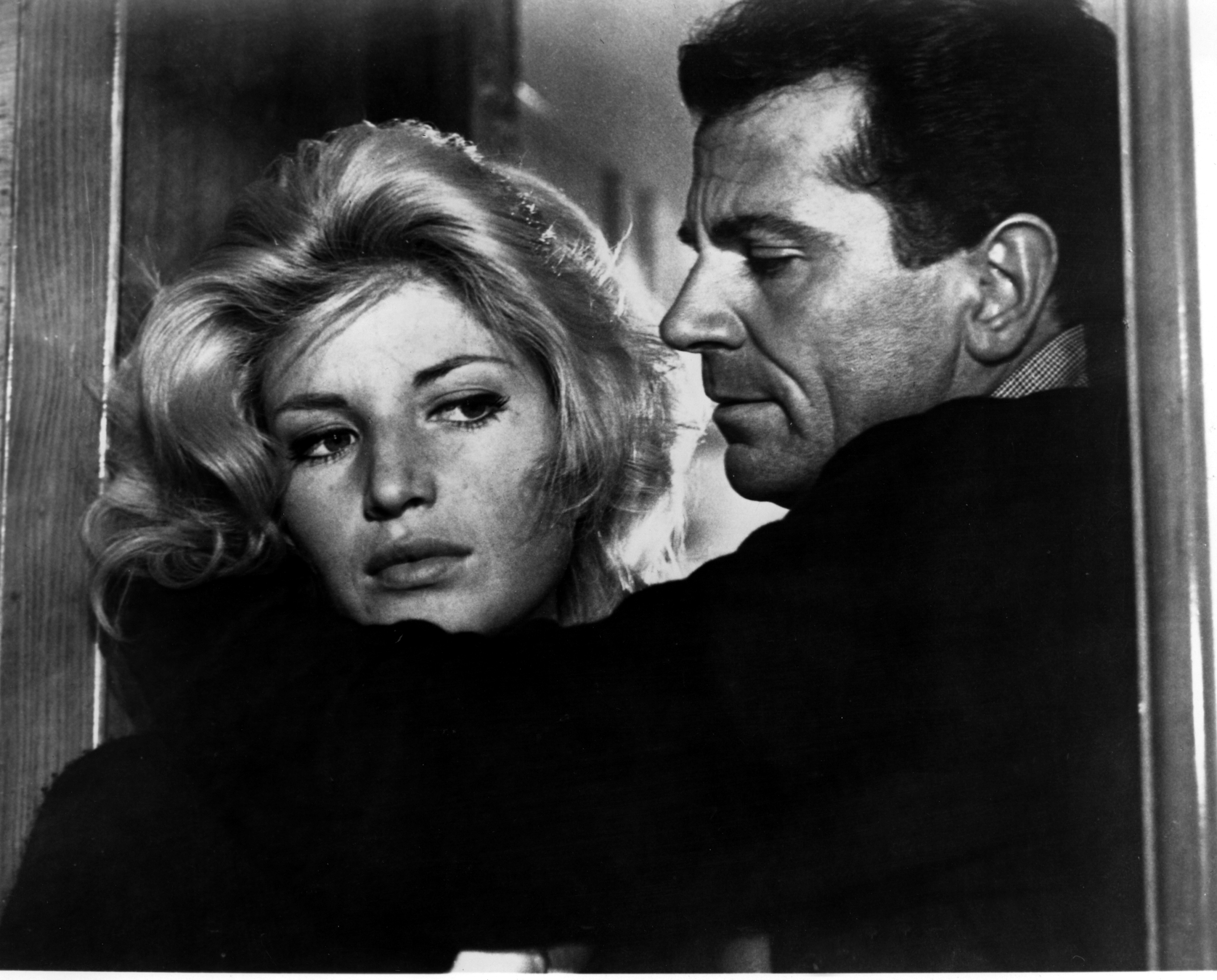Words like “credibility” and “persona” tend to turn up more often in discussions about hip-hop or pop than about folk music, but for a songwriter like Cass McCombs, they’re just as relevant.
McCombs released his debut album 10 years ago, scrounging together tours and releasing an album every two years since. His is the hard-earned existence of a music lifer, which, combined with his complete lack of interest in talking about himself in interviews, lends weight to his multifarious music. He’s developed a reputation as an intensely serious man whose near-ascetic focus on his art is rare (and also pretty refreshing) in a time when many bands are seemingly as content to make memes as they are music.
But for all his prickliness, McCombs is gracious toward his fans, at least in terms of how they interact with his songs. “What a song can do is manipulate someone’s imagination so every listener has their own individual interpretation,” he told Stereogum in a recent interview. “To guide [listeners] is wrong; whatever they feel is right.”
This sort of egalitarian spirit informs Big Wheel and Others, McCombs’ sprawling, uneven, and occasionally brilliant new album. Its 22 songs were recorded in just a week; as a result, the album feels loose and extemporaneous, even though some songs are several years old. It’s a good encapsulation of the many styles he’s dabbled in over the years—plainspoken character studies, dusky Americana, loosely psychedelic mantras. Excellently crisp production from longtime collaborators Ariel Rechtshaid and Chet “JR” White makes it one of the better-sounding rock albums you’ll hear in 2013.
The album includes two versions of the centerpiece track, “Brighter!,” a classic-sounding folk song whose title and lilting guitar belie lyrics about living a driftless existence. The song might be personal (McCombs is notoriously nomadic), but then again it might not. Regardless, it hints at another possible reason McCombs takes great pains to keep his personal life separate from his music—for a songwriter so singularly focused, there’s not much distinction between the two.








